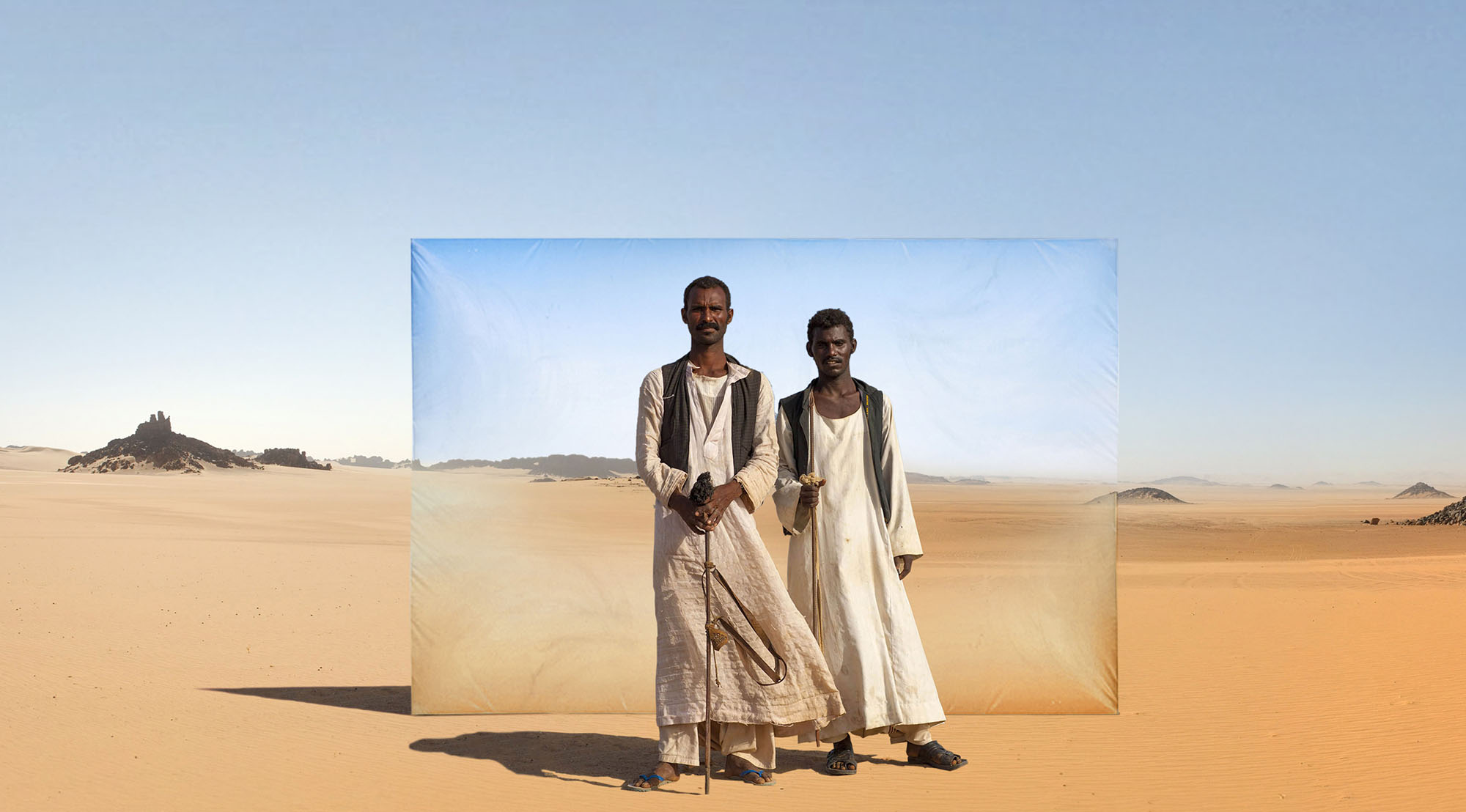Between 1983 and 2005, Sudan was beset by civil war, and it has been subject to sanctions by the USA and the EU for 20 years. Around 18 million children and young people suffer from poverty and isolation from the global community. They often have no other choice than to migrate or find an outlet in extremism.
Working on the assumption that art and culture foster a spirit of openness, which in turn provides fertile ground for peace, the “Swiss Initiative – culture projects” (SI) association developed a long-term cultural and educational collaboration with Sudan in 2013. This was also achieved under the patronage of UNESCO and with the help of both the Swiss Agency for Development and Cooperation (SDC) and the Goethe-Institut. With an action plan covering four areas, a film and theater festival was launched among other things, which got the film industry back on its feet and allowed young people to participate in workshops and connect with the international community of creative artists.
As a result, Sudan was able in 2016 to provide a film team for the United Nations Development Programme’s campaign, “Partnering Against Violent Extremism”. The result was “Iman”, an intervention film from Sudan, made by Sudanese people. The film touches the hearts of young Sudanese people, who, due to a lack of prospects, are susceptible to the recruitment tricks of extremists. In late June, it will be presented at the European Conference on African Studies in Basel, followed by a series of discussions.
The SI will also launch the Karmakol Festival – an international cultural festival to promote peace in the Sudanese village of Karmakol – in December 2017. This marks the first time in its history that UNESCO has funded a project in Sudan. The “Nile Project” – a cultural movement to promote peace in the 11 Nile countries – was also created with the aim of implementing a successful formula in other countries and replacing the current North-South approach with a South-South approach to cooperation in the area of development.


